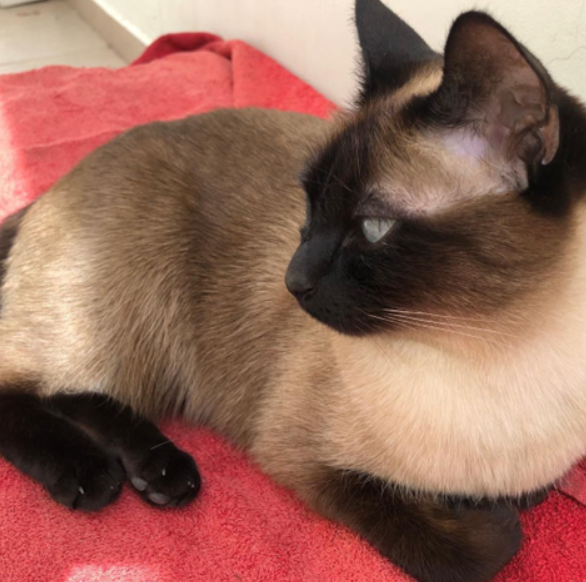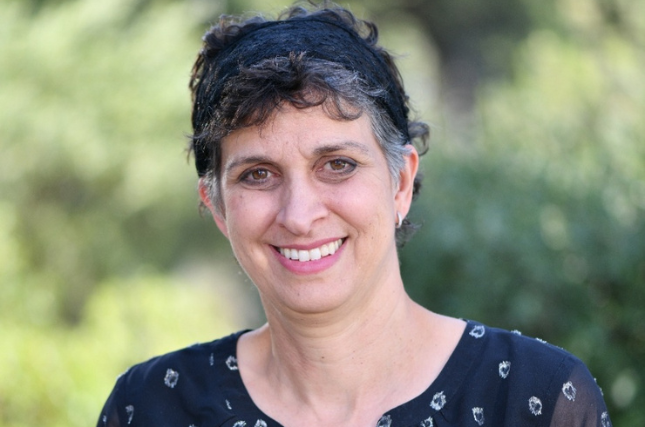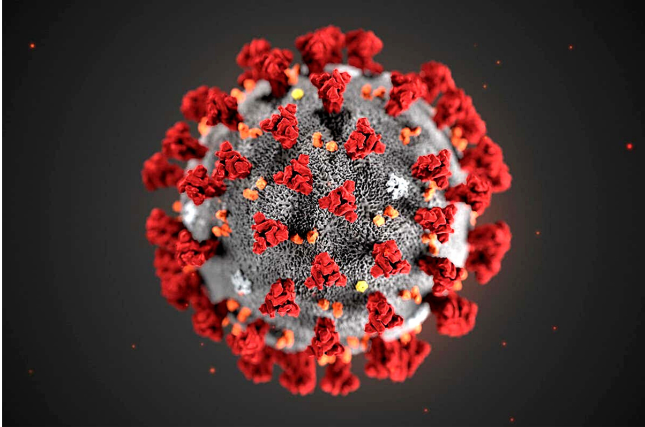
June 6, 2024 — A new study led by Prof. Ronen Hazan and his team from the Faculty of Dental Medicine at the Hebrew University of Jerusalem, in collaboration with the team of Vet Holim, JVMV-Veterinary Medical Center in Kiryat-Anavim, Israel, has shown an advance in the treatment of antibiotic-resistant infections in animals. This research, focusing on a five-year-old Siamese cat named Squeaks, who was infected with a multidrug-resistant Pseudomonas aeruginosa infection post-arthrodesis surgery, marks the first published documented application of personalized phage therapy in veterinary medicine.
Squeaks, initially treated at the Veterinary Medical Center for injuries sustained from a high-rise fall, developed a severe infection in the right hind leg following multiple surgeries. This infection persisted despite various antibiotic treatments over four months. Facing a potential implant-replacement surgery, the team turned to the new treatment, which involved a meticulously designed combination of a specific anti-P. aeruginosa phage (a virus that kills bacteria) applied topically to the surgical wound, and the antibiotic ceftazidime, administered intramuscularly. Squeaks’ owners provided most of the treatment to their beloved pet in their home after a demonstration from the scientists.
The integration of phage therapy with antibiotics was aimed at targeting the pathogen effectively and directly at the site of infection, leveraging the phage’s ability to be applied topically, which simplifies administration and maximizes its concentration at the infection site. This approach allowed the surgical wound, which had remained open for five months, to fully heal after fourteen weeks of treatment.
The successful outcome of this case underscores the critical need for novel therapeutics like phage therapy to address the growing concern of antibiotic-resistant infections, which affect up to 8.5% of surgical sites following orthopedic surgeries in companion animals. These infections not only pose significant health risks to the animals but also increase the morbidity, mortality, and costs associated with these procedures.
Recent studies suggest that phage therapy, already showing high success rates in human medicine for treating orthopedic infections and chronically infected wounds, can offer a promising solution for similar issues in veterinary medicine. Moreover, the successful treatment of Squeaks by her owners highlights the practicality and efficacy of personalized phage therapy, which could be extended to treat other pets facing similar antimicrobial resistance challenges.
Interestingly, opposite to common situations, this case was performed on an animal based on the team’s insights from treating humans first.
The positive reception from veterinarians and pet owners regarding phage therapy points to a growing awareness and acceptance of this treatment option. As the new treatment continues to be explored in veterinary settings, it not only improves the health and well-being of pets but also offers valuable data that contribute to the broader application of phage therapy in both animals and humans. This bridging of data can enhance treatment protocols and outcomes across a variety of bacterial infections, potentially changing the landscape of infection treatment in both veterinary and human medicine.
The research paper titled “Successful phage-antibiotic therapy of P. aeruginosa implant-associated infection in a Siamese cat” is now available in Veterinary Quarterly and can be accessed here.
Researchers:
Ron Braunstein1, Goran Hubanic2, Ortal Yerushalmy1, Sivan Oren-Alkalay1, Amit Rimon1,3, Shunit Coppenhagen-Glazer1, Ofir Niv2, Hilik Marom2, Alin Barsheshet2, Ronen Hazan1
Institutions:
- Institute of Biomedical and Oral Research (IBOR), Faculty of Dental Medicine, Hebrew University of Jerusalem, Israel
- Vet Holim, JVMV-Veterinary Medical Center, Kiryat-Anavim, Israel
- Tzameret, The Military Track of Medicine, The Hebrew University-Hadassah Medical School, Jerusalem, Israel
Funding
This work was supported by the EveryCat Health Foundation, Wyckoff, New Jersey, under GRANT EC23—0000000060.




